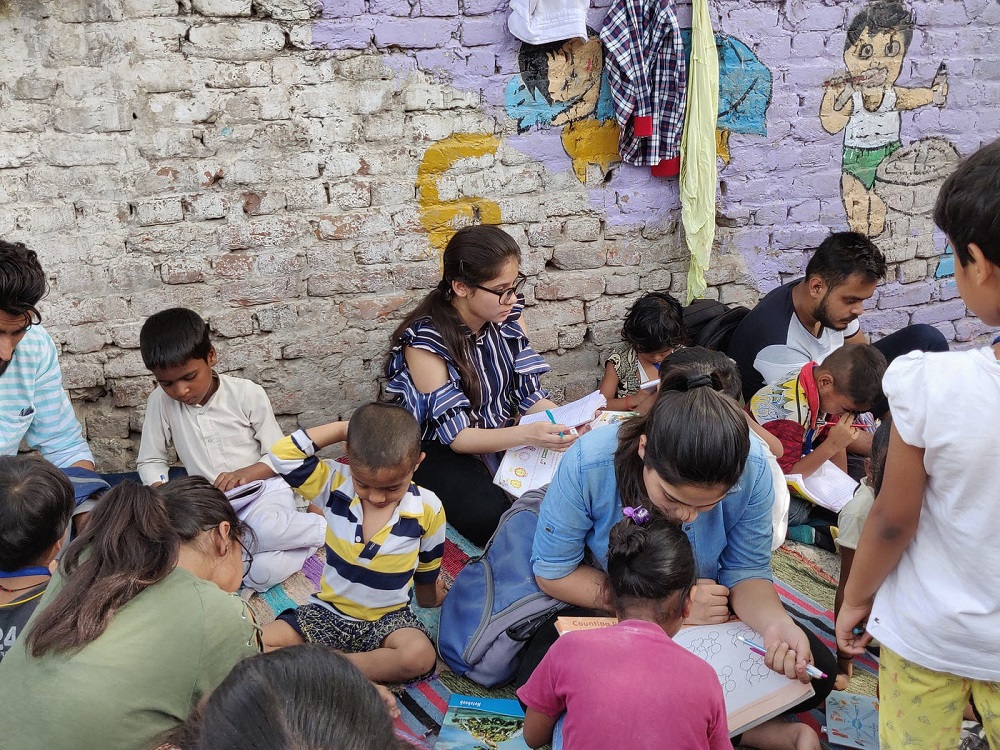In a world where education serves as a potent tool for social mobility and empowerment, it remains disheartening. In this blog of Fikrah, we’ll see many children still lack access to basic education. The plight of underprivileged children often results from socio-economic disparities and systemic inequalities. Nonetheless, several grassroots initiatives and strategic approaches can help kickstart the journey to educate these marginalized sections of society.
Identify Local Needs
Understanding the specific challenges faced by the underprivileged community is crucial. Engage with local NGOs, community leaders, and educators. To assess the educational gaps and requirements within the area. This initial step ensures that the education initiatives align with the specific needs of educating underprivileged children.
Establish Community Learning Centers
Setting up community learning centers acts as a cornerstone for providing accessible education. These centers should be equipped with basic infrastructure and educational resources. To create a conducive learning environment. Involve local volunteers and educators to provide personalized attention and guidance to each child.
Promote Collaborative Partnerships
Forge collaborations with corporations, non-profit organizations, and government bodies. To garner support for the cause. Initiatives such as sponsorship programs, donation drives, and skill-based volunteering can contribute to the holistic development of underprivileged children.
Integrate Technology
Utilize the power of technology to bridge the educational gap. Introducing e-learning modules, educational apps, and digital resources. As this can make learning more engaging and accessible. Providing access to computers and the internet can open up a world of information and opportunities for these children.
Implement Holistic Education
Offer a curriculum that not only focuses on academic subjects but also emphasizes life skills, health, and personal development. Encourage extracurricular activities, sports, and creative arts to foster a well-rounded education that nurtures the overall growth and self-confidence of these children.
Empower Parental Involvement
Educating underprivileged children is a collaborative effort that necessitates involving parents and caregivers. Conduct workshops, parent-teacher meetings, and awareness programs to engage families in their children’s education. Empower parents with the necessary knowledge to support and encourage learning at home.
Encourage Mentorship Programs
Establish mentorship programs where individuals from diverse professions and backgrounds can offer guidance and inspiration to underprivileged children. Mentors can serve as role models, imparting valuable life lessons and career guidance that instill hope and ambition in these young minds.
Click here to know more about “10 NGOs rejuvenating education in India”
Conclusion:
Educating underprivileged children is not just a matter of providing knowledge; it is an investment in building a brighter, more equitable future. By implementing these strategic initiatives and fostering a collaborative approach, we can pave the way for a more inclusive and educated society, where every child has the opportunity to dream and achieve.

